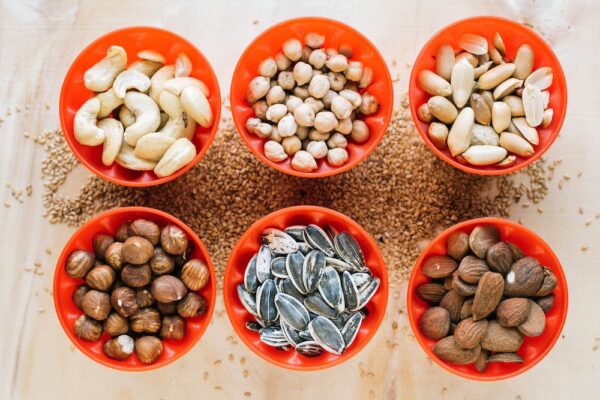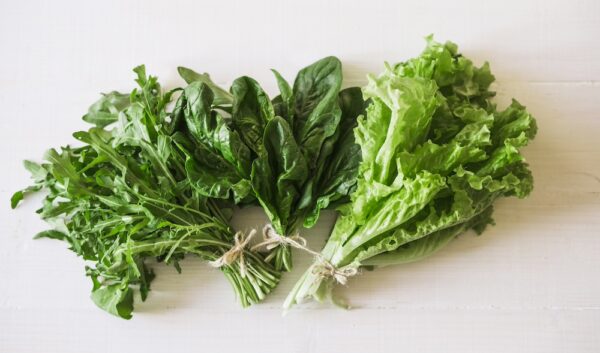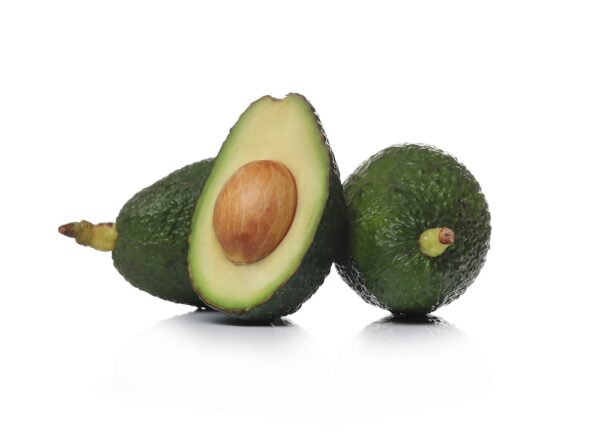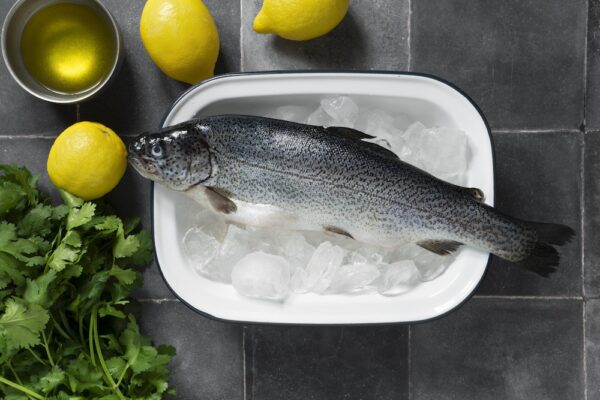Trendy Lifestyle Hacks
Why Is It Important We Need Vitamin E
Vitamin E is a key nutrient that acts as a powerful antioxidant, protecting your cells from oxidative stress and damage. It is essential for maintaining healthy skin, boosting immune function, and promoting overall heart health. This vitamin also supports eye health and helps prevent inflammation in the body.
In this section, we’ll uncover why Vitamin E is so important, how it benefits your body, and the best sources to include in your diet to ensure you’re getting enough of this vital nutrient.
How Vitamin E Benefits Your Body
1. Protects Cells from Damage

Vitamin E is a potent antioxidant that neutralizes free radicals, which can damage cells and accelerate aging. By protecting cell membranes, Vitamin E helps prevent oxidative stress and reduces the risk of chronic diseases like cancer and heart disease.
2. Supports Immune Function

This vitamin plays a vital role in enhancing immune response by supporting the function of immune cells. It helps the body fend off infections and illnesses, keeping the immune system strong and responsive.
3. Promotes Skin Health
Vitamin E helps maintain healthy skin by protecting it from UV damage and environmental pollutants. It also aids in the repair and regeneration of skin cells, promoting a youthful and radiant complexion.
4. Improves Heart Health

Vitamin E supports cardiovascular health by preventing the oxidation of low-density lipoprotein (LDL) cholesterol, which can lead to plaque formation in the arteries. It also helps improve blood circulation and reduce the risk of heart disease.
5. Supports Eye Health

As an antioxidant, Vitamin E helps protect the eyes from oxidative damage, reducing the risk of age-related macular degeneration and cataracts.
Best Sources of Vitamin E
Nuts and Seeds

Almonds, sunflower seeds, and hazelnuts are some of the best natural sources of Vitamin E.
Vegetable Oils

Wheat germ oil, sunflower oil, and safflower oil are rich in Vitamin E and can be used in cooking or salad dressings.
Leafy Green Vegetables

Spinach, kale, and Swiss chard provide good amounts of Vitamin E and other essential nutrients.
Avocados

A delicious and versatile source of Vitamin E that can be added to salads, sandwiches, or eaten on its own.
Fish

Fatty fish like salmon and trout not only provide Vitamin E but also offer other healthy fats and omega-3 fatty acids.
Incorporating these Vitamin E-rich foods into your diet will help you meet your nutritional needs, protect your body from damage, and promote overall health and well-being.


